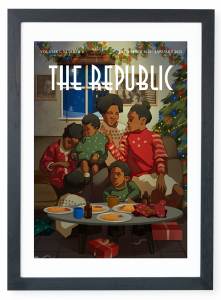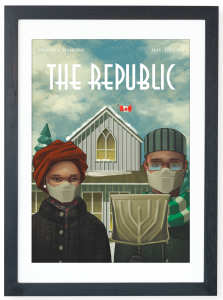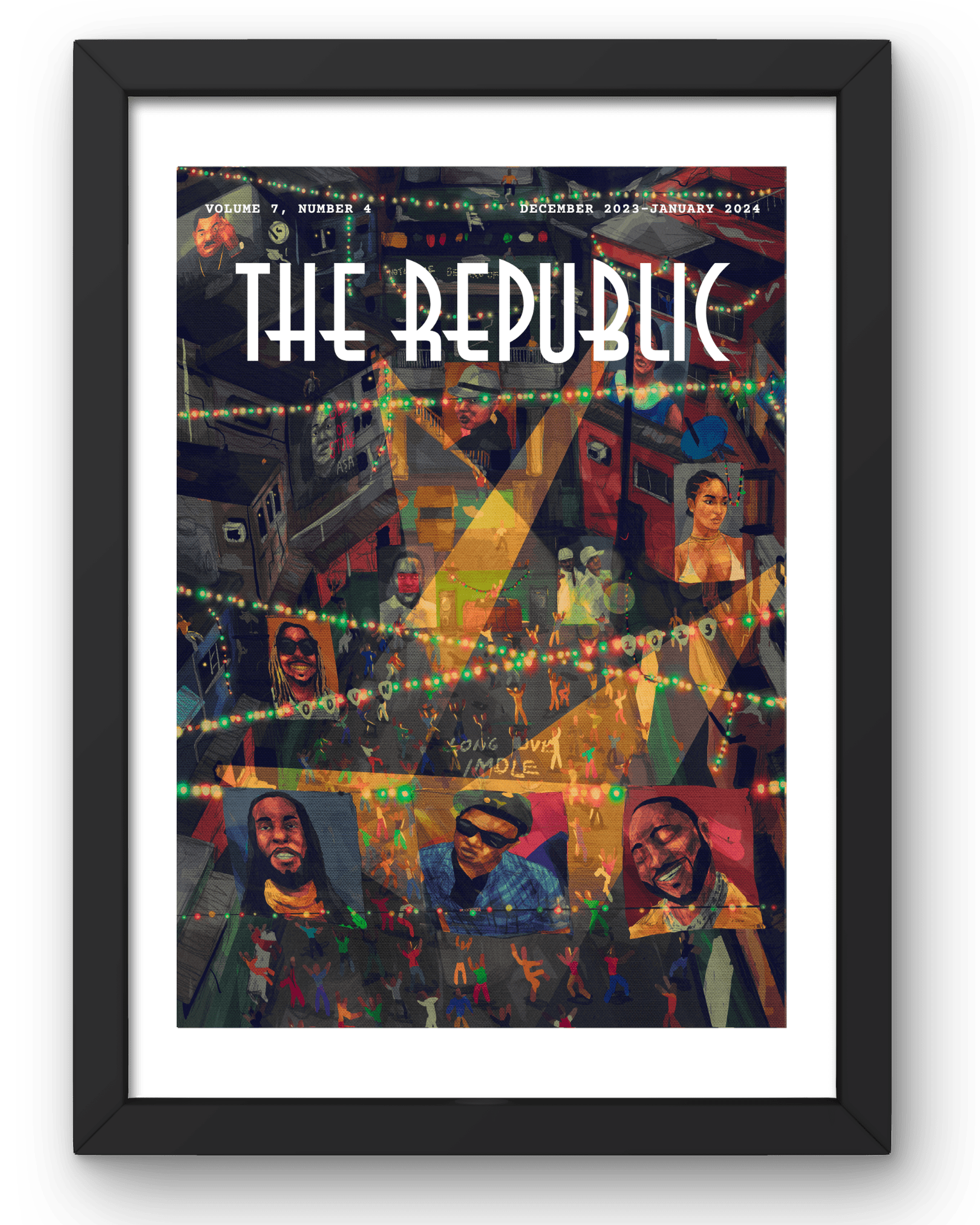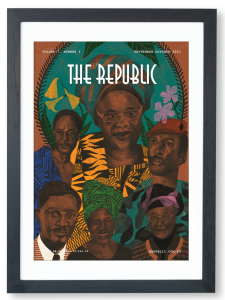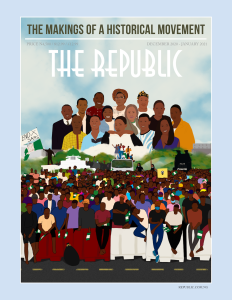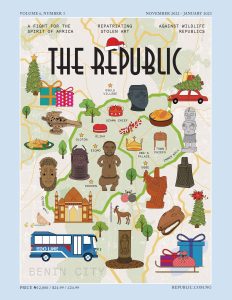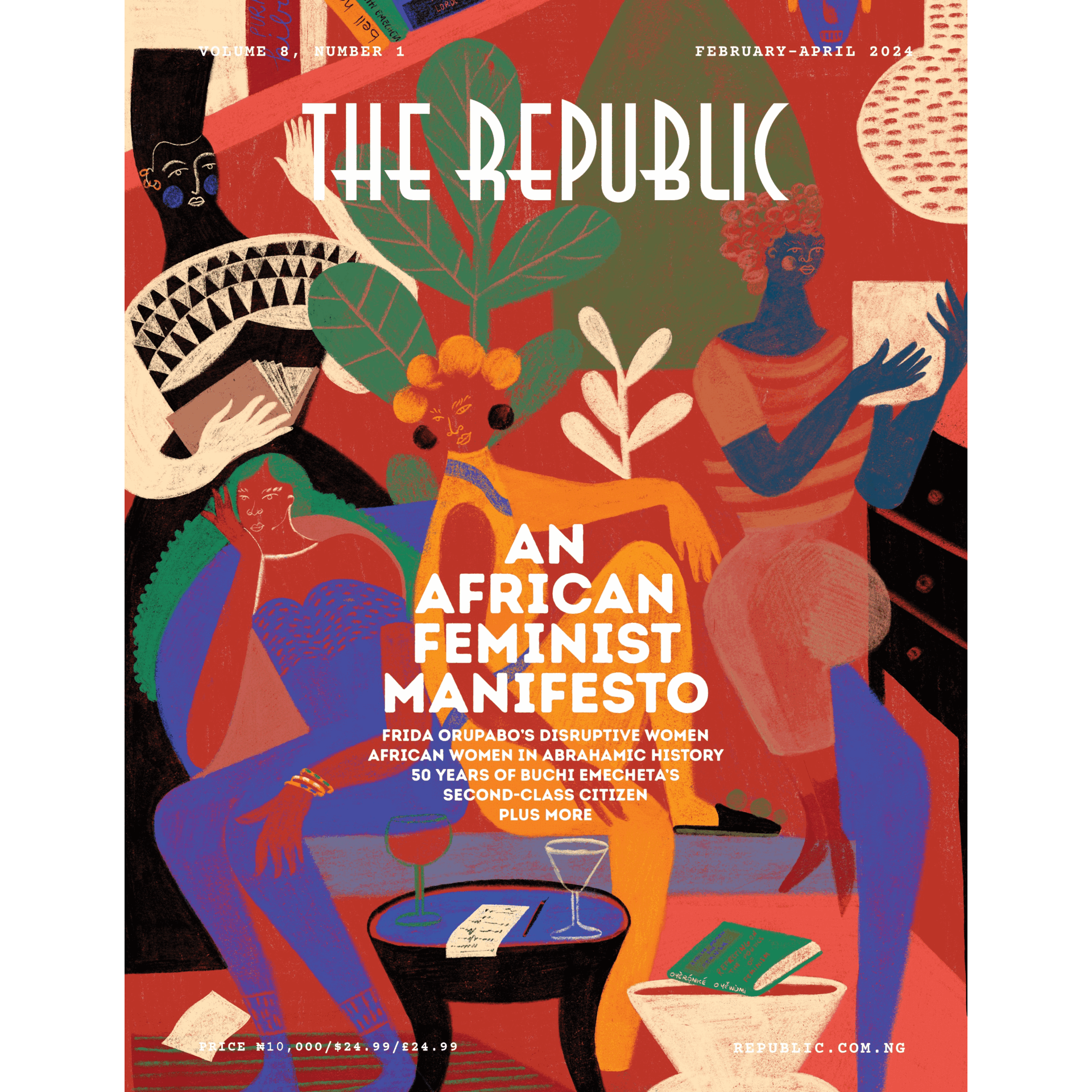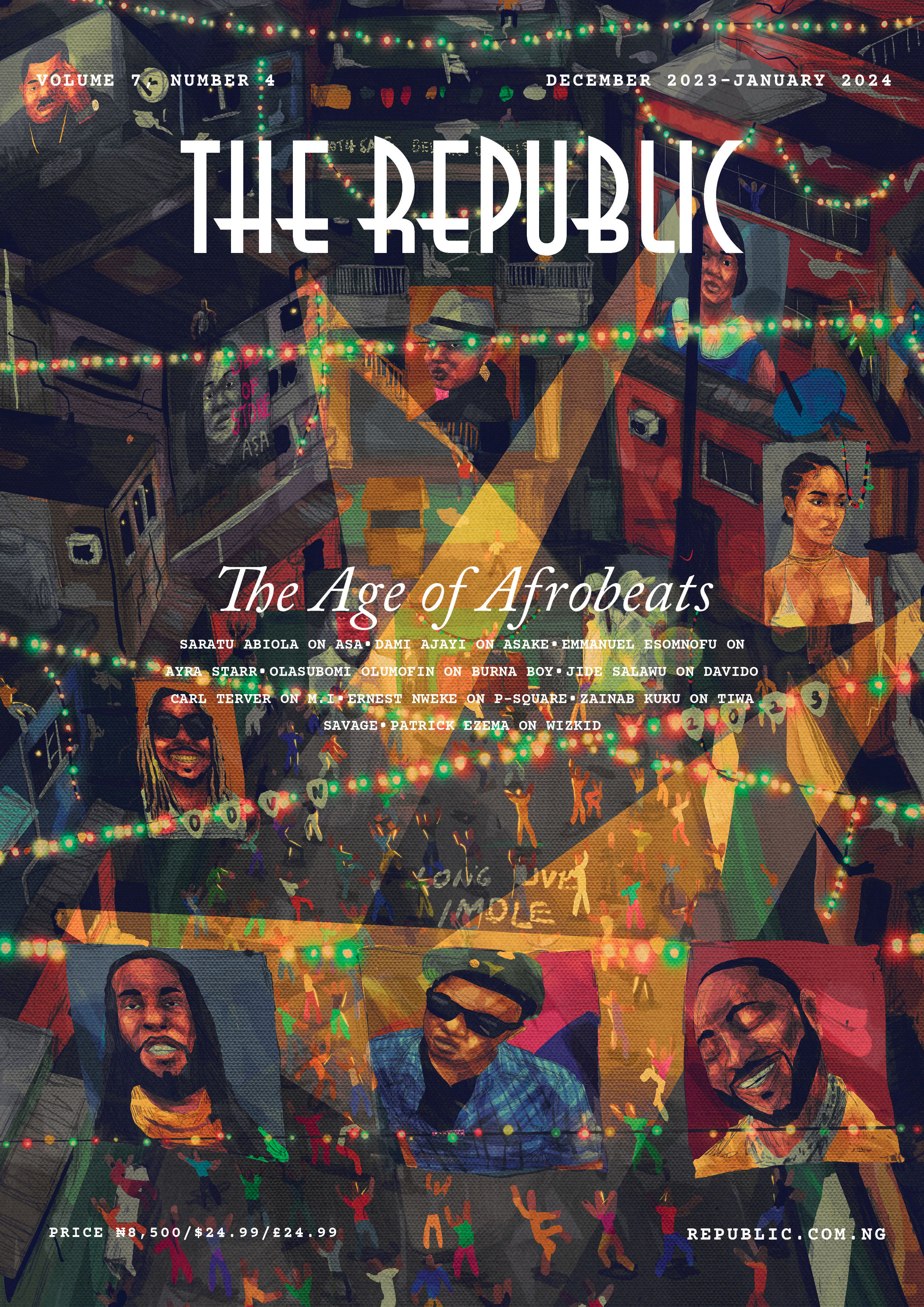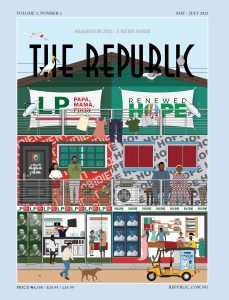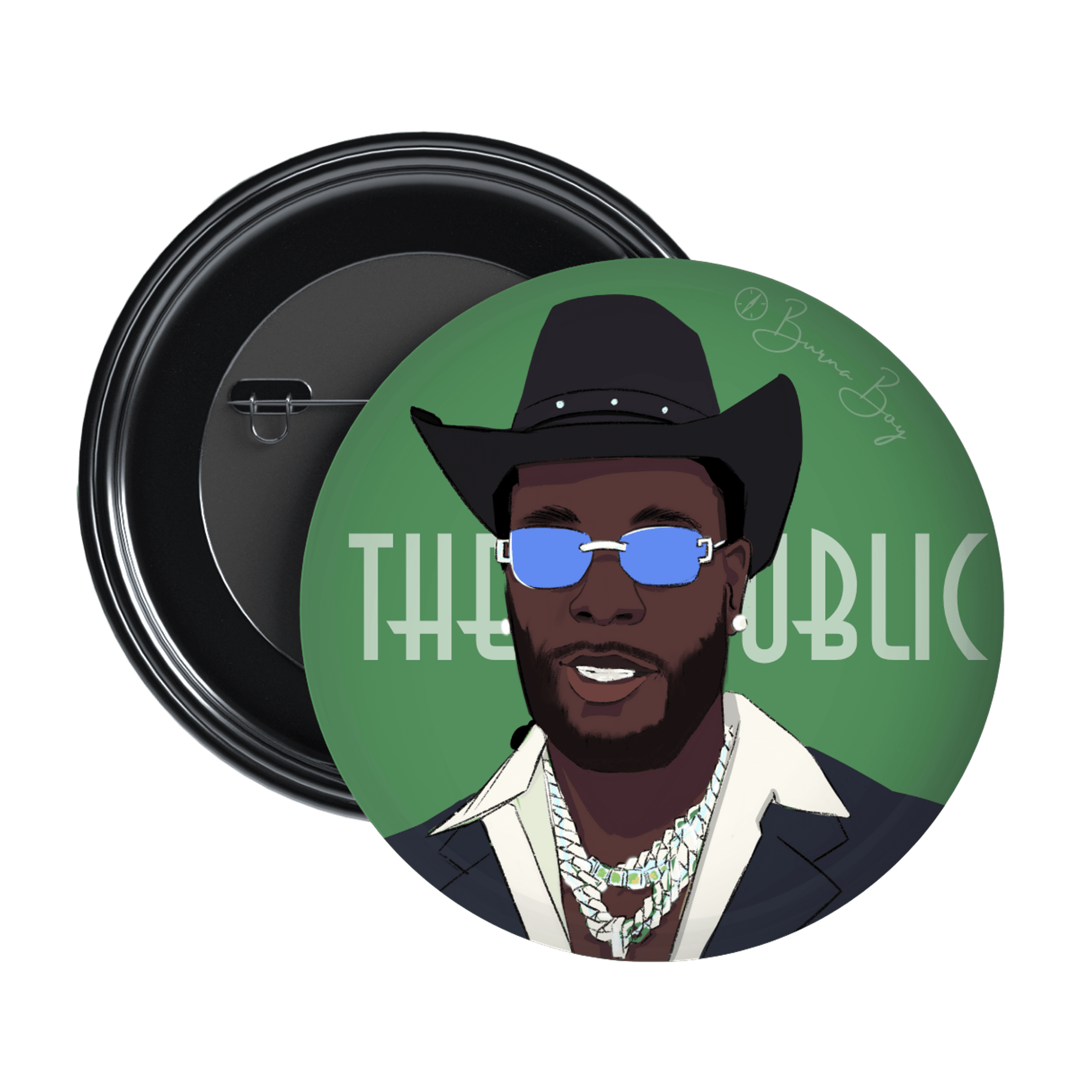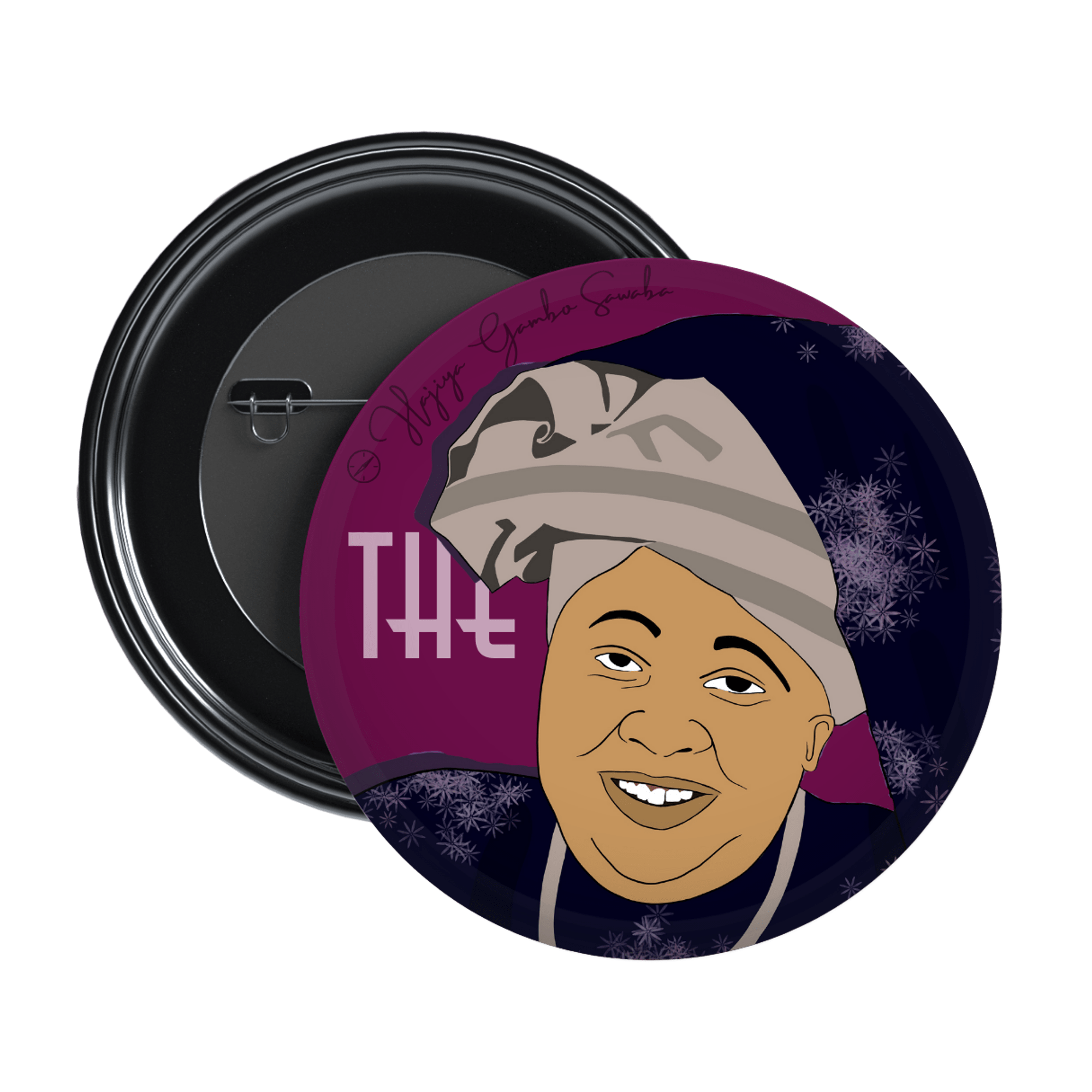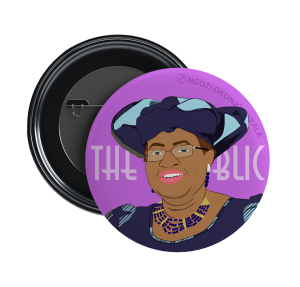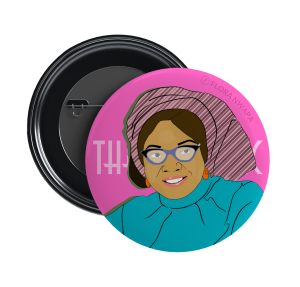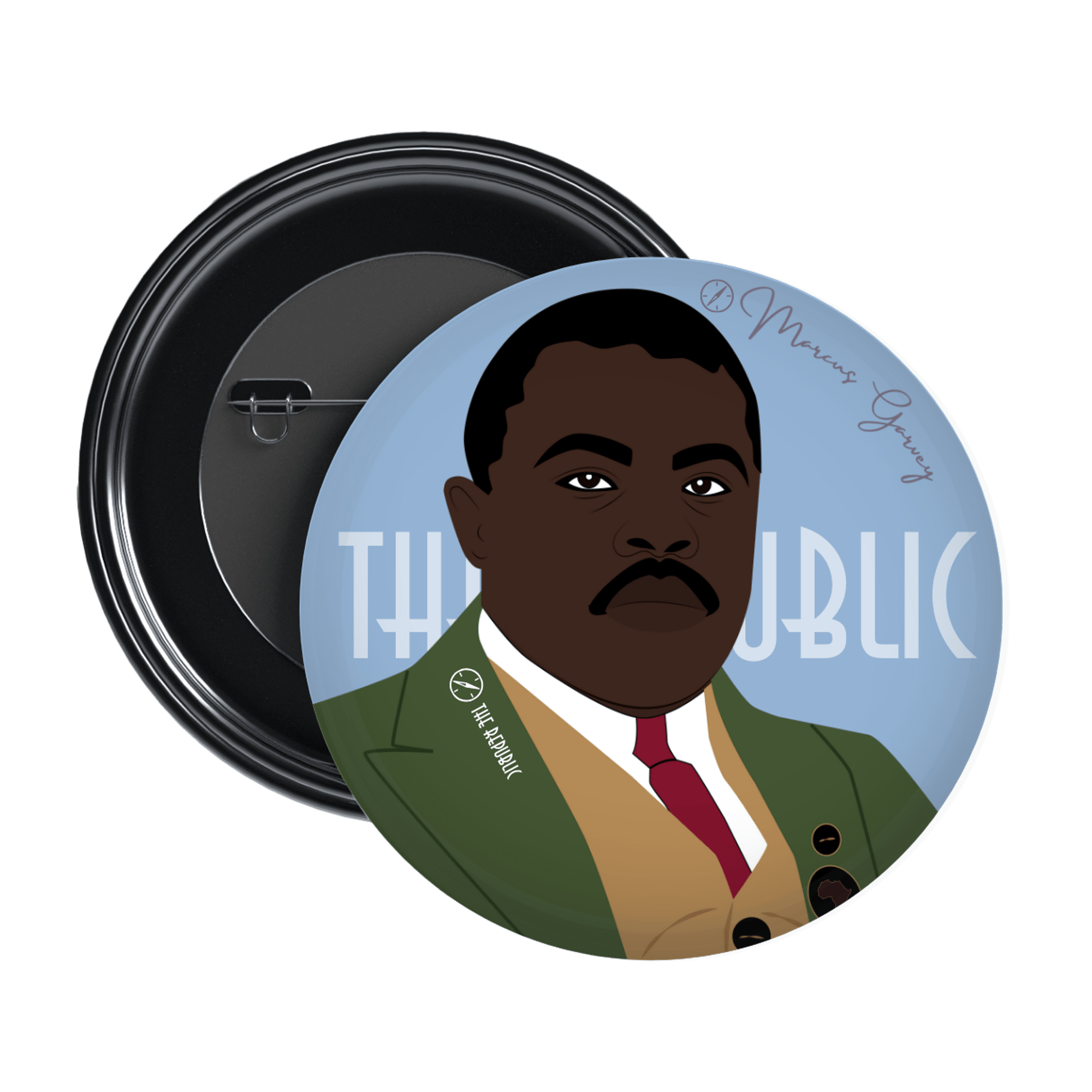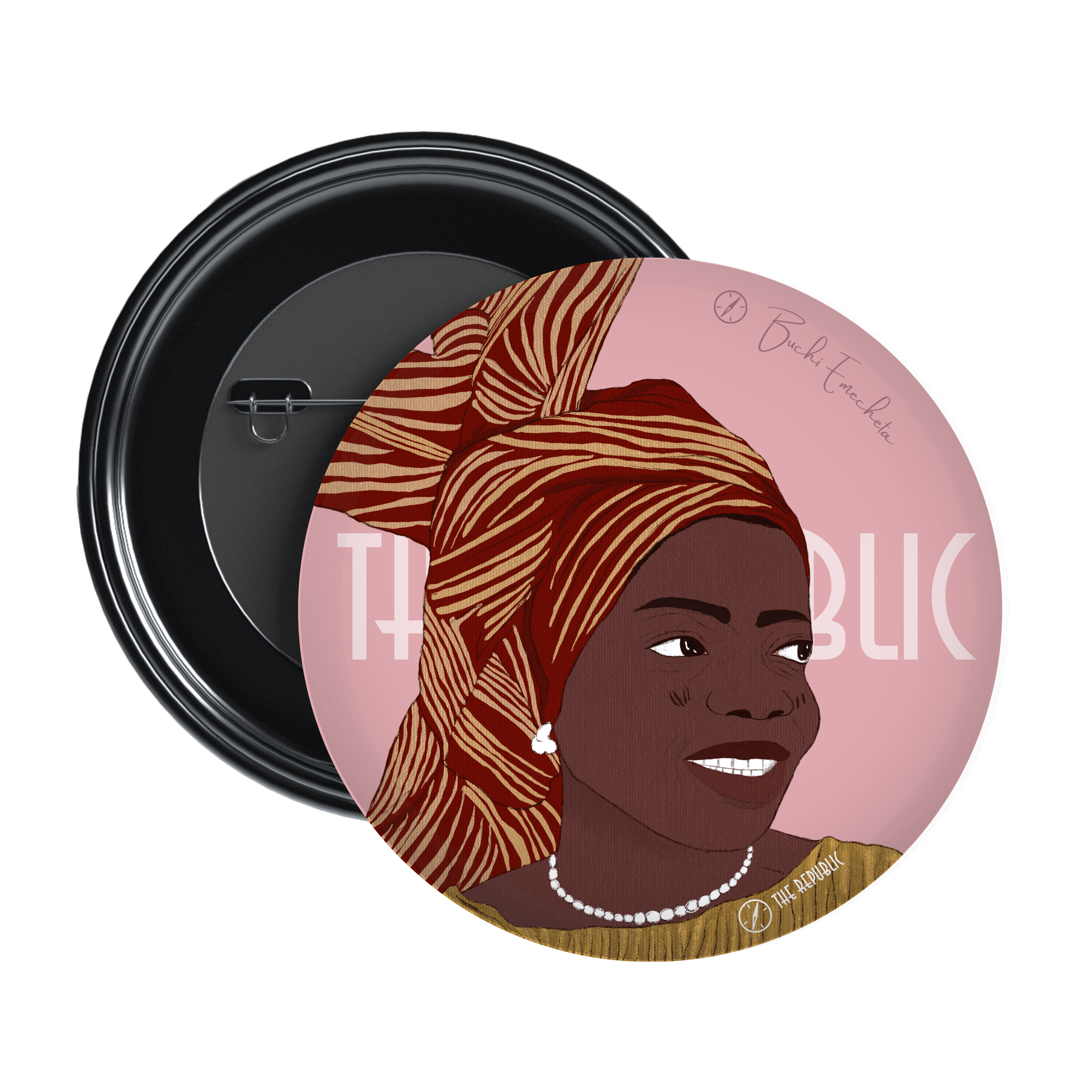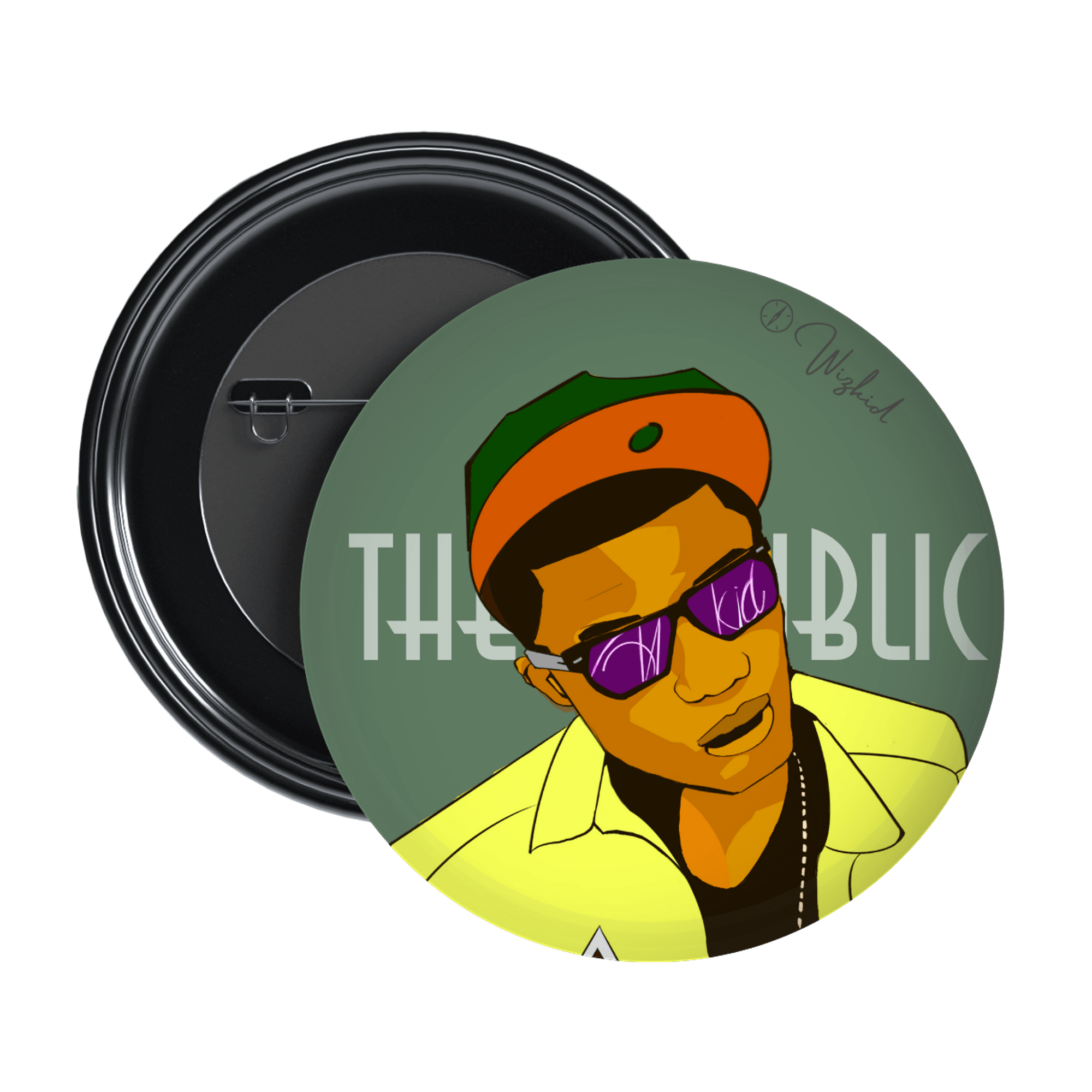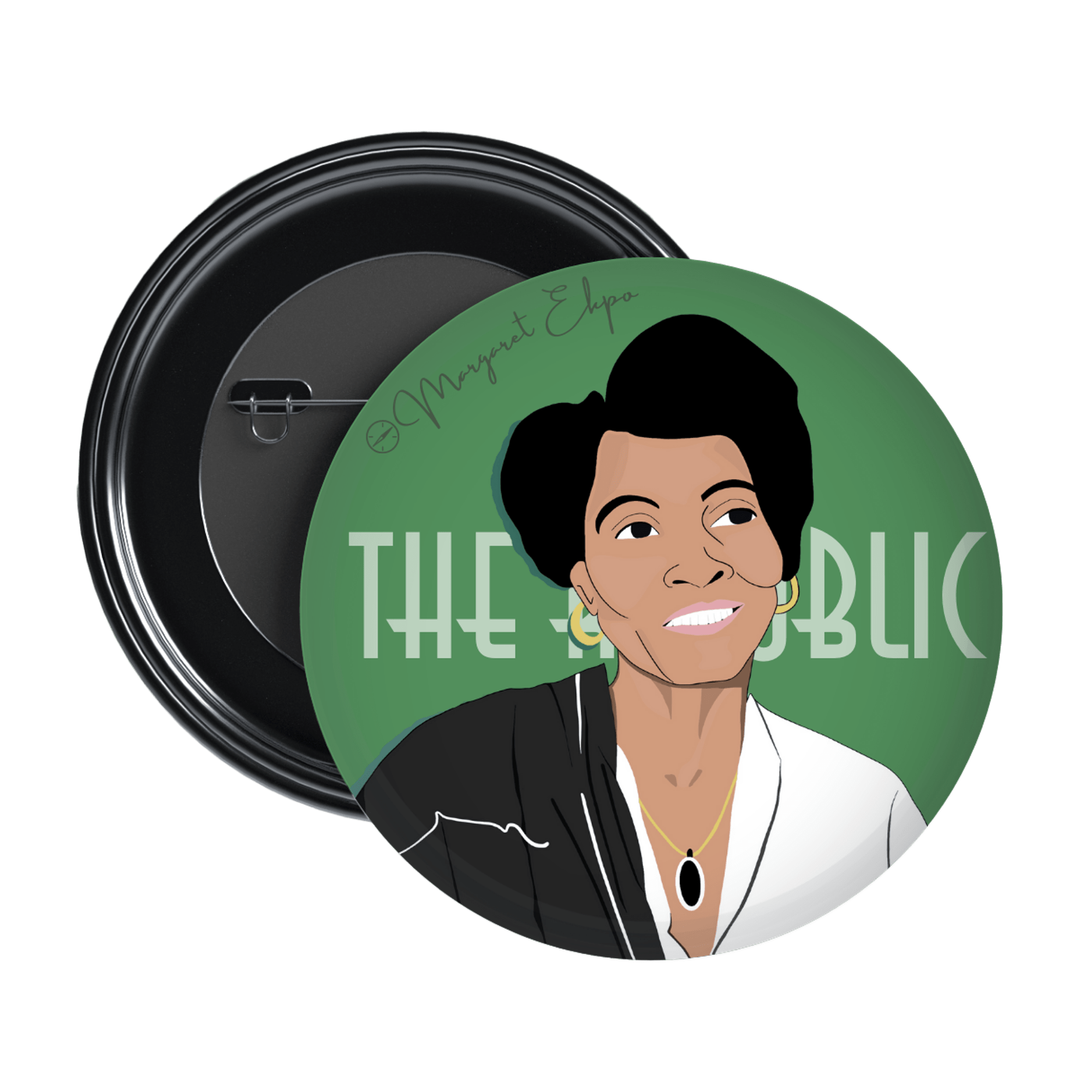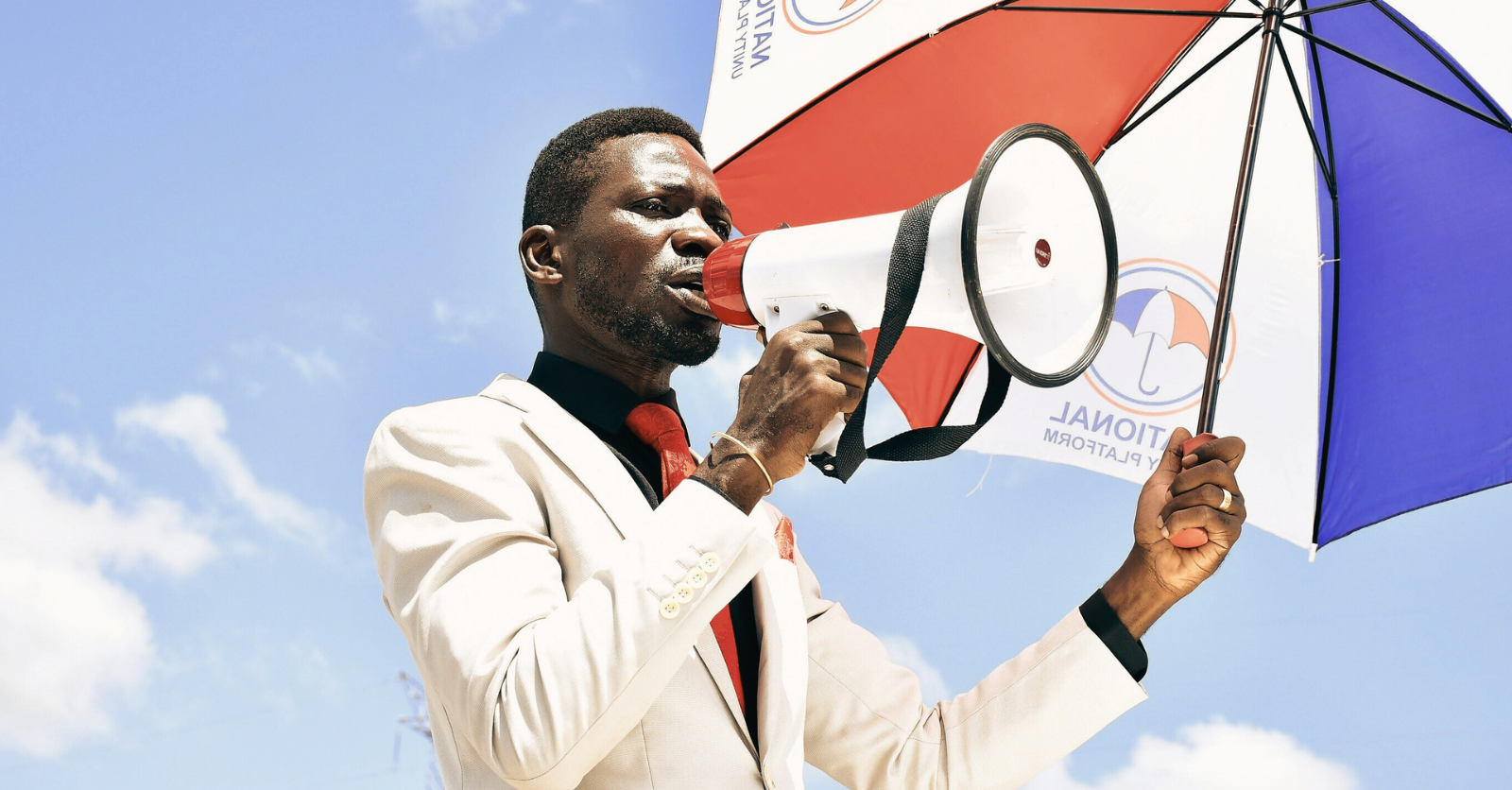
Politician, Robert Kyagulanyi Ssentamu, also known as Bobi Wine on political campaign in Kumi District, Uganda, 2020. Photo by Lookman Kampala from ‘Bobi Wine: The People’s President’ Documentary / NATIONAL GEOGRAPHIC.
the ministry of ARTS / FILM DEPT.
The Bad Man From Kamwokya

Politician, Robert Kyagulanyi Ssentamu, also known as Bobi Wine on political campaign in Kumi District, Uganda, 2020. Photo by Lookman Kampala from ‘Bobi Wine: The People’s President’ Documentary / NATIONAL GEOGRAPHIC
the ministry of ARTS / FILM DEPT.
The Bad Man From Kamwokya
In 2017, Ugandan co-directors, Moses Bwayo and Christopher Sharp, set out to document the cultural influence of Bobi Wine as he transitioned from a captivating, conscientious reggae star to a politician and activist. The story caught their attention in 2017 when 35-year-old Robert Kyagulani Ssentamu (now popularly known as ‘Bobi Wine’) bounced into Uganda’s parliament as the chosen representative of Kyaddondo East, Kamokya. Bobi Wine ran on an independent ticket separate from the long-reigning National Resistance Movement and other popular opposition parties like the Forum for Democratic Change and the Democratic Party. It was the unshakeable confidence in his walk that broke all polite society protocol because it frankly announced that the walker did not seek nor need external validation to know that he belonged on that floor. It was his youth, his freshness on a floor that had grown bloated and familiar with the way things were. It promised endurance and threatened the perceived balance necessary to oversee the bleak reality of Uganda. A fish out of water story; the easier–known Bad Man from Kamwokya or Ka Bobi stole hearts and bruised egos by meeting the previously impossible high hopes of those existing outside of political favour, and then went on to exceed them.
GHETTO CHILD
Bobi Wine was born in 1982, during the liberation war that ushered in the incumbent Yoweri Kaguta Museveni. In the 2024 Academy Award–nominated documentary, Bobi Wine: The People’s President, Barbie Kyagulanyi, a Ugandan philanthropist and Bobi Wine’s wife, mentions that she met Bobi Wine as an orphan: with no ‘ma’ and no ‘pa’. Elsewhere, Bobi Wine recalls that his politically active grandfather and father joined the 1981-1986 liberation bush war. By the time he grew up, his family had scattered. His father had been imprisoned and Bobi Wine was living with his mother in the ghetto; ten children living in one room in the slums of Kamokya. As Barbie remarks, it’s a life that evades the imagination of many, ‘How could you survive there, with that smell, not knowing if you will eat the next day?’ Bobi Wine factually, and with no visible pity or embarrassment of where he is from, refers to the systemic abject poverty not just in his ghetto but across Uganda as akin to apartheid. While his mother had tried in vain to steer a younger Bobi Wine away from politics because she believed that his father’s political arrest was the reason they ended up in the ghetto, Bobi Wine always used music to speak about the social injustices that marred the lives of the poor attracting the following that is ready to meet death for his cause.
shop the republic
His father’s story is familiar to many. Yoweri Museveni was, in his own words, his father’s favourite revolutionary. While many Ugandans recall the ruling party as liberators whom their parents fought alongside or helped to hide, feed or direct through the guerrilla footpaths, as the years have progressed, the narrative has morphed into a glorification of only 27 guns. Benefactors are few with many Ugandans despairingly adjusting to the reality that the revolution was a farce as all signs indicate a political transition from father to son. The ruling party, on the other hand, believes Bobi Wine is inciting an insurrection engineered by Western elements citing Libya, Egypt and Sudan as past examples. For this, they have unapologetically opened fire on Bobi Wine’s supporters and bystanders during protests as well as taken in and sometimes killed for treason/questioning an unknown number of individuals. Bobi Wine maintains that he is non-violent.
By the time Bobi met Barbie at university, he was already a successful musician, paying for his way through school; an outstanding feat. He credits her influence on his desire to stretch his hands even further out and impact more lives with democratic politics knowing that his success was an exception. For him, the ongoing resistance is about ushering in a better future for all, non-violently. While he relies on the coverage of Western press as shown in the documentary, he sees the continued support of a dictator by Uganda’s development partners as a betrayal of the Ugandan people.
shop the republic
CAMERAS AND BULLET-PROOF VEST
Bobi Wine: The People’s President begins with the parliamentary vote that oversaw the constitutional change that permitted the incumbent to run for election, defying the previous limitations on terms. Bobi Wine was one of the losing 62 members of parliament who were against this development. Abstentions were two and in favour was a landslide of 315 MPs. On his campaign trail for the presidential election, Bobi Wine survives assassination attempts, the abduction of 3,000 of his supporters, the killing of 150, a wrongful trial in military court, torture and the infamous November massacre. Between all of these, we also see the power of the people. The images of his campaign are movie magic. He is a superhero atop a car with a staggering number of supporters, the car rides that are frequented by the adoring cascades of bikers. The love is stupendous, not just in quantity but in reach. The support for Bobi Wine extends to the remote parts of Uganda, through to the streets of Nairobi, and while not shown in the documentary, the inextinguishable National Unity Platform (NUP) diaspora of the migrants and the self-exiled. The brotherhood that sustains him, his mesmerizing wife, and family who bravely support him. His youngest daughter, Suubi, chanting, ‘People! Power!’ with a child’s innocence and confidence in the glaring goodness of the message. We see faith, we also see his brothers and his unflinching comrades praying and singing beside him. I am humbled by his message of unity in a country with a social fabric in utter tatters. We also see his call to unite the opposition and his campaigns for other MPs on his campaign trial. The union across class and tribe is eminently modelled. His ease within the ghetto despite his success and his calm and respectful decorum throughout the ordeals he encounters contrasts starkly with the clueless, divisive, hooligan image painted of him in Uganda’s media.
shop the republic
It is inconceivable that this ghetto youth has not only risen to the highest echelons of a highly militarized and classist society but also threatens quite convincingly to topple the dictator that rules over it. Bobi Wine’s arrival tests status quo sensibilities and imagination and insists on collective witness. Many would not have believed this story had they not seen it with their own eyes. For a traumatized population that is frequently gaslighted with state propaganda filtered in through captured public institutions, manned by compromised religious and other thought/moral leaders, this documentary tugs at something that many Ugandans have tried to kill inside of them.
Bobi Wine, now a little over 40 years old, is the leader of Uganda’s biggest opposition party: the NUP. For five years, Bwayo and Sharp followed Bobi Wine’s journey at great risk to their lives, serving as a bullet-proof vest and proof against the media-censored terror that enveloped his journey to the 2021 presidential election. With 4,000 hours of footage collapsed into two indisputable hours, I implore you to watch it and bear witness⎈





